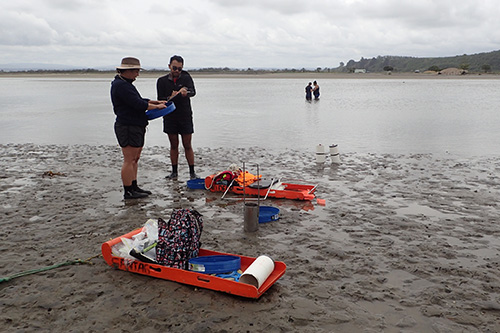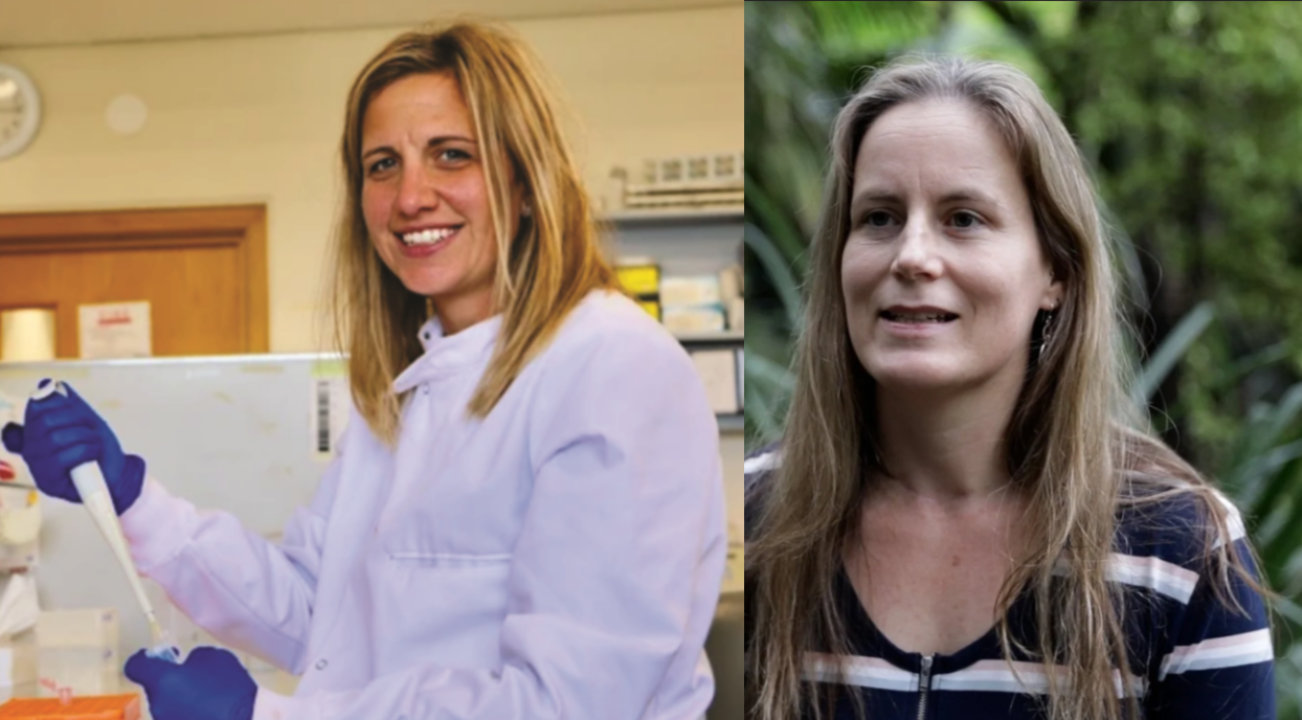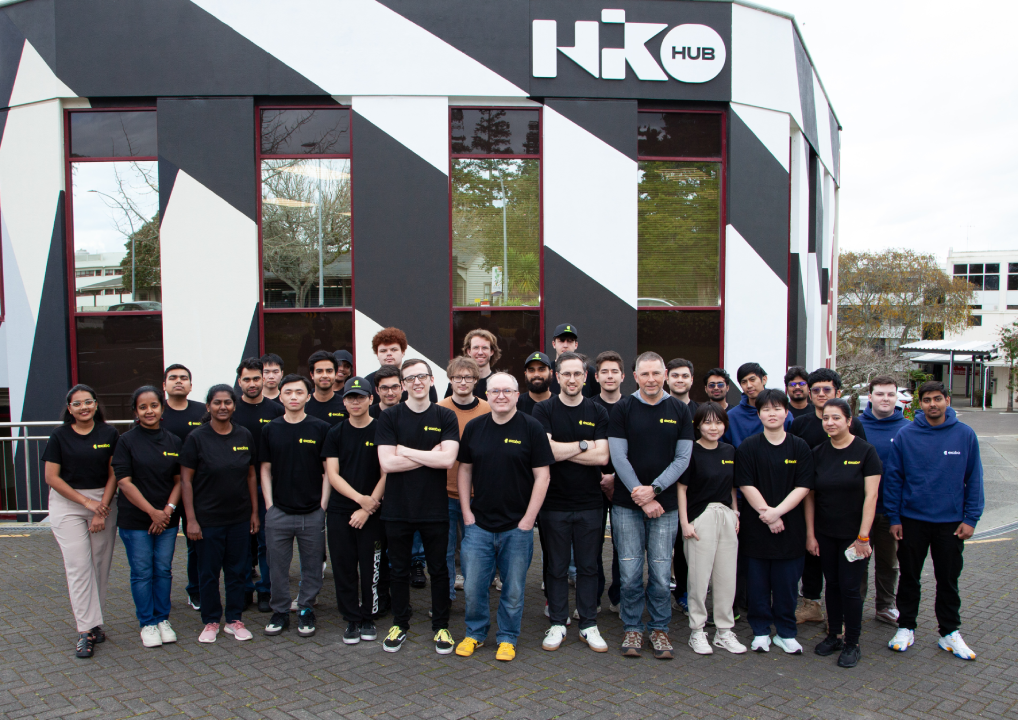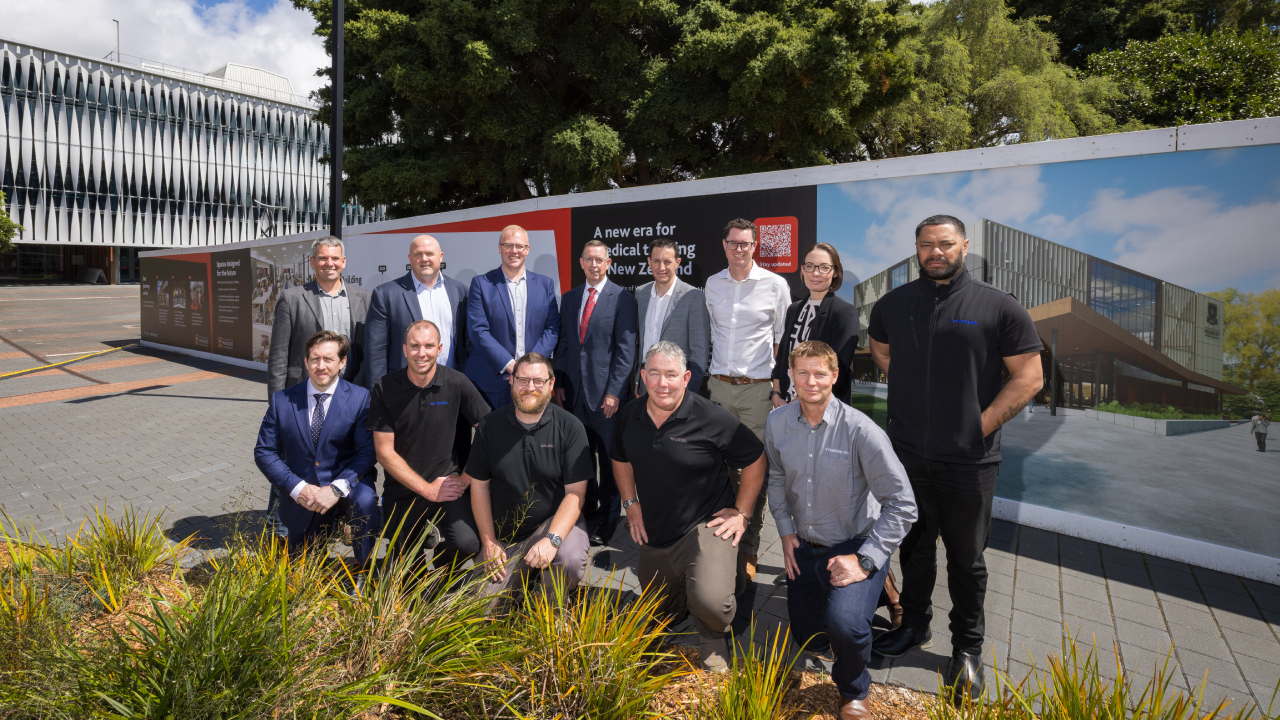Rising sea levels and flooding due to climate change has the potential to impact coastal Indigenous communities, according to a University of Waikato researcher.

Earth Sciences student Akuhata Bailey-Winiata
Earth Sciences PhD student Akuhata Bailey-Winiata is studying the potential risk of flooding to coastal Māori communities across the country to get a national overview of the risk.
As part of his master's research, he mapped 191 marae (local Māori meeting houses and buildings) within one kilometre of the coast.
“Our research found there are 41 marae across Aotearoa (New Zealand) currently at potential risk of a one-hundred-year flooding event with a three metre rise in sea level. Six of those are already potentially exposed at mean sea level today,” says Akuhata.
Akuhata says marae were traditionally positioned along the coast because the ocean provided kaimoana (seafood) for sustenance and it acted as a highway for Māori. However, with climate change, some marae are at risk.
“The coastal positioning of marae and surrounding important sites - such as urupā (ancestral burial grounds) - makes them potentially at risk to sea level rise,” says Akuhata. “For marae located near estuaries, the impact of sea level rise could include the loss of intertidal habitat and effects on mahinga kai (traditional food gathering sites).”
He says that managed retreat may ultimately be the only option for some areas, but planning for this there needs to be a holistic and inclusive approach, not “one size fits all”.
Akuhata’s doctoral research is funded through the Government’s National Science Challenge Resilience to Nature's Challenge. His PhD focuses on adaptations and solutions for marae communities affected by climate change.
“It’s a very difficult conversation because it can get very emotive,” says Akuhata. “A marae is more than just a building, it is a connection to tipuna (ancestors), to the land and the surrounding environment.”

Akuhata Bailey-Winiata is researching the impact of climate change on coastal Māori communities.
New Government legislation will affect the process, with changes to the Resource Management Act (RMA) - including the Climate Change Adaptation Act – being introduced to address complex issues like managed retreat.
“I think there needs to be a holistic approach in terms of management solutions,” says Akuhata. “It’s going to be interesting with the RMA reform which includes managed retreat as an option.”
His goal is to create something that Māori communities can use to protect themselves.
“I want it to be useful for people to make sustainable, effective decisions.”
In his research, he hopes to look at alternative methods to equip marae for events in the future.
“We know Māori are potentially more susceptible to the impacts of climate change. As climate change progresses it is going to expose societal inequities,” says Akuhata.
The University of Waikato recently launched its world-first Bachelor of Climate Change degree, a multidisciplinary programme which combines environmental science, economics, social sciences and politics alongside Māori and Pacific responses to climate change.
The University is committed to the United Nations Sustainable Development Goals, including SDG 13 on Climate Action: the need to take urgent action to combat climate change and its impacts.
During the United Nations COP26 climate change conference, the University is partnering with the Commonwealth Human Ecology Council (CHEC) to host a local online forum to discuss climate change issues.
Tune in to UN Climate Change Conference COP26 - Waikato Event between November 1 to 14 for daily reflections from COP26 and live panel discussions featuring Waikato University academics, Indigenous and community leaders and government and environmental experts.



